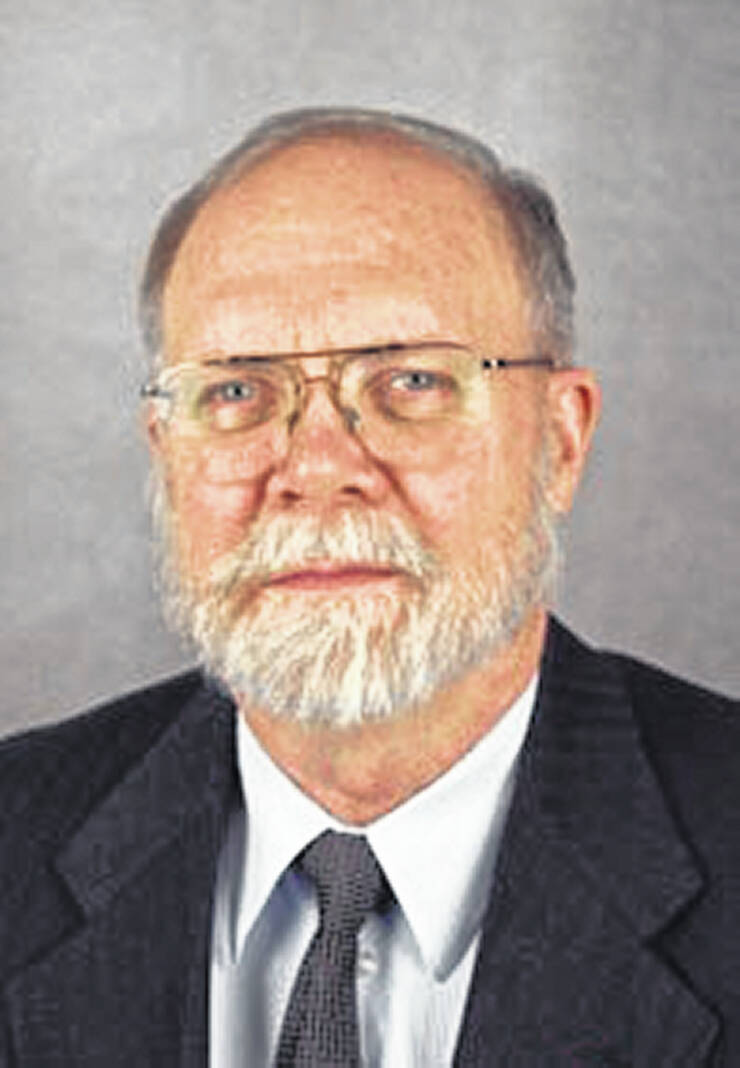
Do you have stories that are about how things work (fundamentals); or how things got started (history)? I have one. I was working as a summer design intern at John Deere Planter Works. (My dream job.) The senior chief engineer (god of the department) asked me if I knew how a planter worked and it’s history. Fortunately, I listened rather than spoke. As I recall, he asked me if I knew what a dibber stick was. His explanation may have been a lot like Wikipedia’s “The dibber was first recorded in Roman times. Farmers would use long-handled sticks (dibbers) to plant crops. One person making holes, and a second person would plant seeds in each hole and fill it in. So he said, the fundamental description, singluate the seed, prepare a spot, place and carefully cover the seed. Origin and function of the planters we design and build. Without my saying anything else, he moved on. But I still remember!
Let’s now change time period and location. Imagine you are part of the Israelite community in exile. Your world has been shattered. In slavery, subservient to a master, you do only as told. But this does not stop you from thinking. You ask your priestly leader where do we look in order to trust the Lord. When the temple is destroyed, our peoples’ power is shattered, and our captors follow a different calendar and worship different gods. Where do we look? The beginning of the message you hear from the wise old priest may sound a lot like this. “1 In the beginning when God,” (Genesis 1:1). Then comes the verb: “created.” Then comes the object of the verb: “the heavens and the earth.” The first thing that happened to the formless earth, is this: the Spirit of God moved upon the face of the waters.
This is a story of creation for when we are at our weakest state, when we are tempted to despair. This is not a story for celebration of the order and beauty in our lives. This creation story is a way of holding on to hope when all signs of order in our lives have been destroyed, when we are in slavery. This creation story tells us we must look for signs of the creative work of God beyond our control. If God is still creating order out of chaos in the succession of day and night, maybe God will one day create order once more out of chaos in the lives of God’s people. Hold on, and do not lose hope.
Following the story on, each element of creation is generated by God’s word and declared good. Consequently, God is understood as an active God, as the source of history. God speaks, and actions occur. Later in the story, humans are created in the image of God. We also are given the power to speak, to exercise dominion over creation, initially by naming the animals. However, unlike the words of God, human words do not create or generate in the same manner. Nonetheless, human speech shapes ideas and images that define reality and order society. They formulate the story in our own words.
The first sentences of Genesis do not intend to provide a historical account of creation. Neither is it a scientific structure or scheme about creation. What the Genesis story does is to affirm the character of God. As a passage it is one of revelation and testimony, rather than history. A question about the ultimate origin, or first cause, is essentially theological. It is the question of the very origin of the whole system of finite relations within creation. It is question and answer about the character of God. As a consequence, when the creation story is heard as theological testimony, it opens the door to consideration of all scientific theories about the process of creation, the relation between causes and effects.
As it was intended to do for those slaves, under the most excruciating conditions, the beginning of Genesis is a link for us to the character of God. When we hear this story, it can help us appreciate the wonder of the God we proclaim. Then as now, the primary purpose is not to explain how creation occurred, but to affirm that all that exists depends upon the creative and sustaining power of God. In the beginning, now, and forever more, God.
Robert J. Gustafson, Ph.D., P.E, is pastor of West Berlin Presbyterian Church, 2911 Berlin Station Road.

